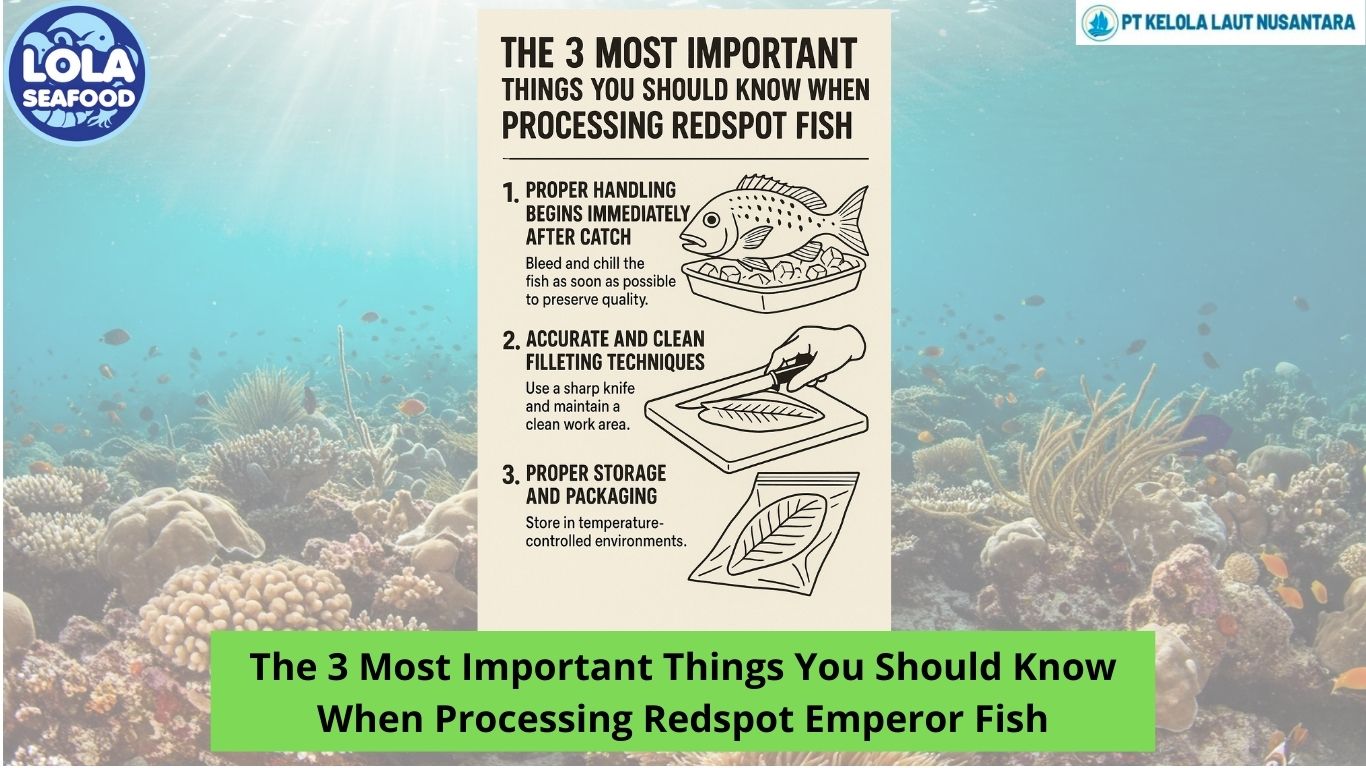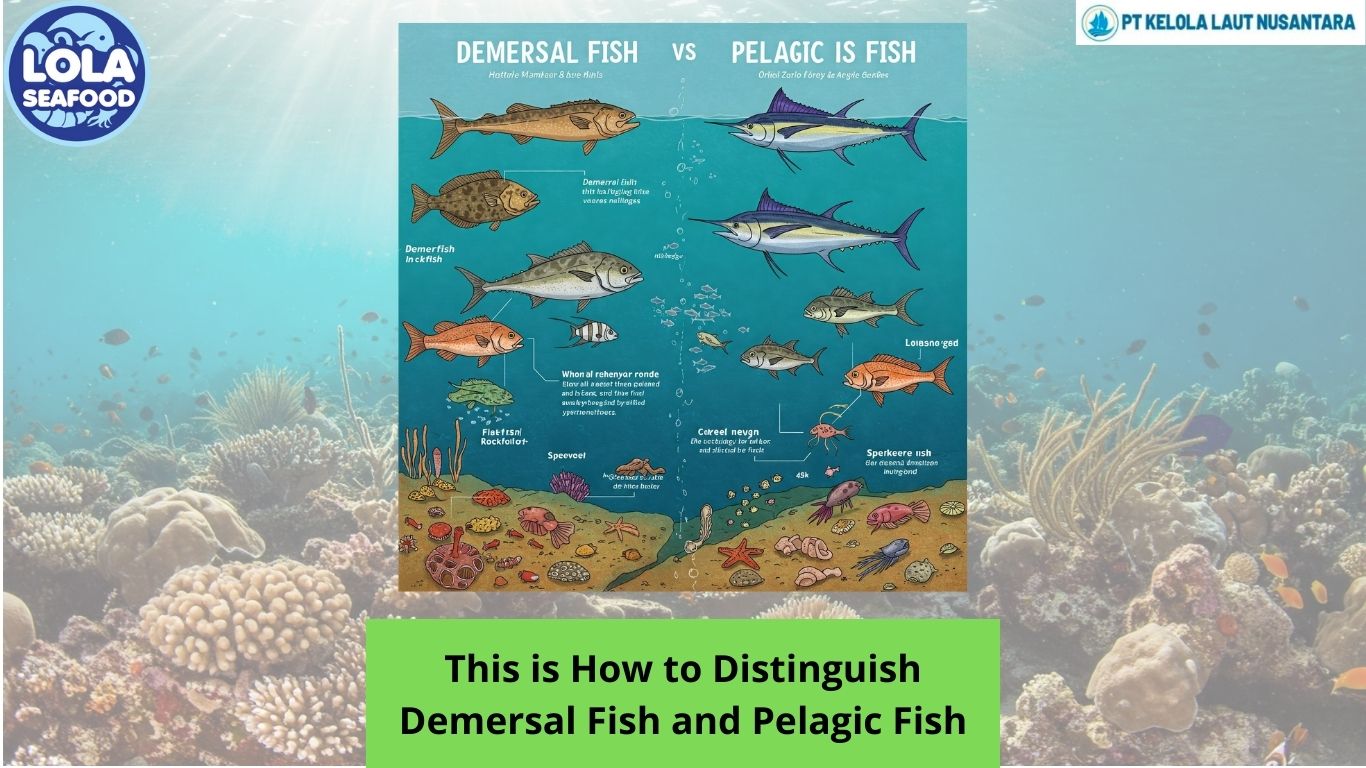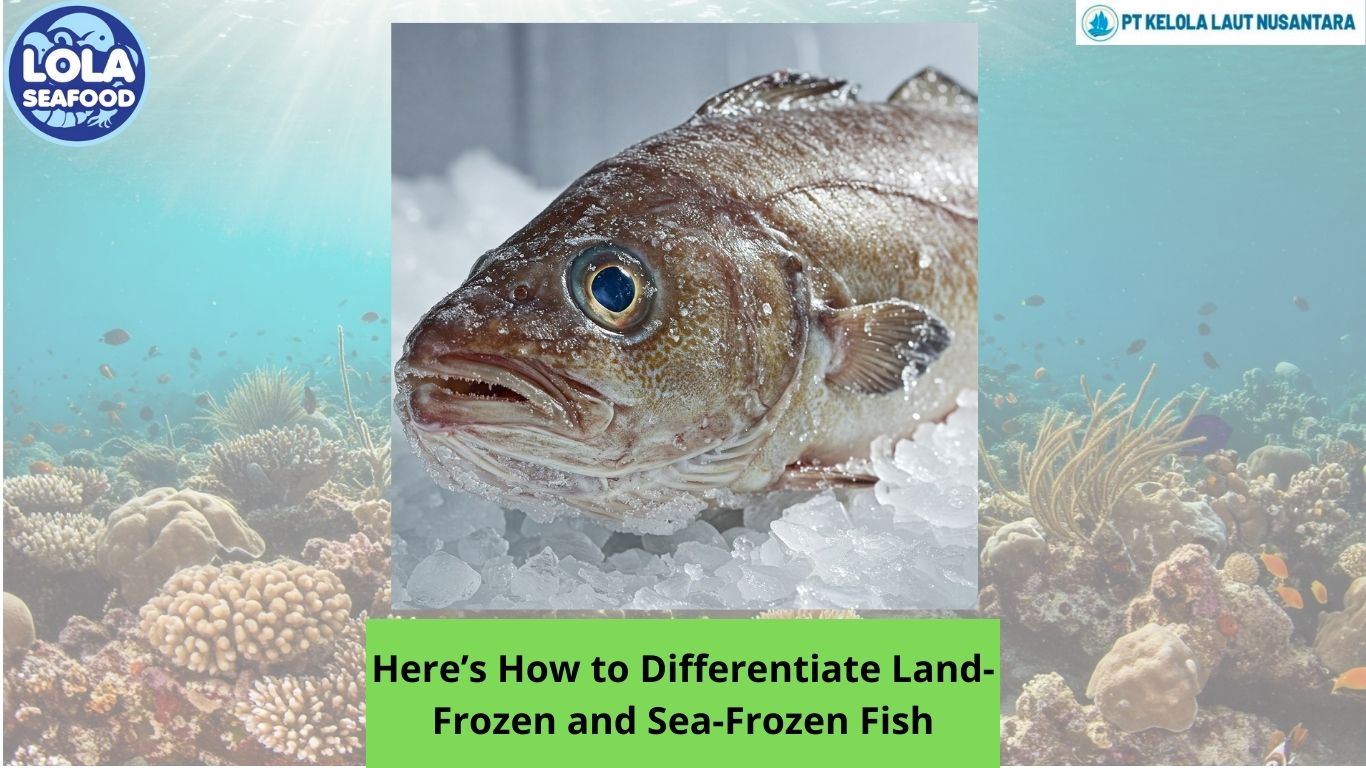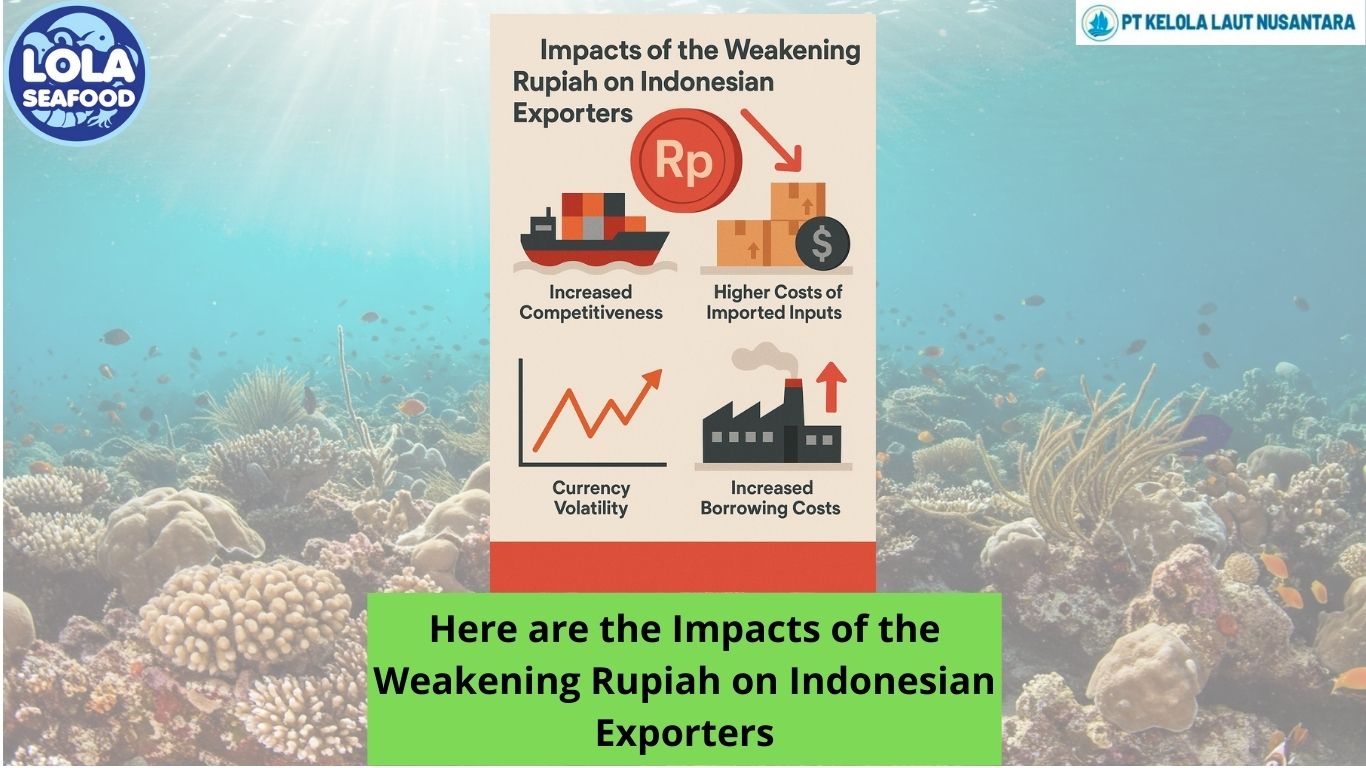Skipjack Tuna’s 4 Essential Nutrition Content
By. Nevanda - 19 Jun 2023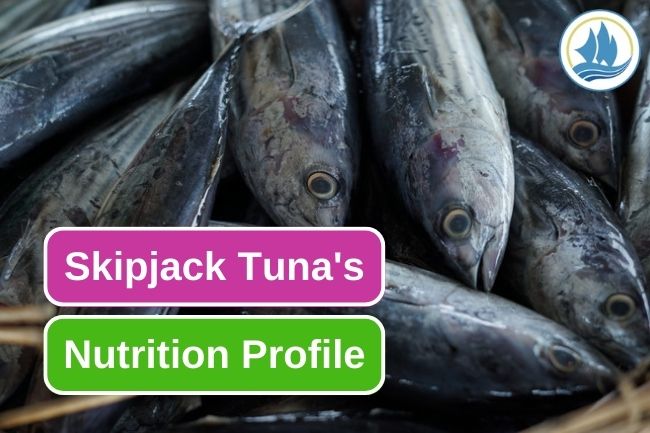
kelolalaut.com - Skipjack tuna (Katsuwonus pelamis) is a popular species of tuna that is widely consumed around the world. This species of tuna is highly valued for its culinary uses, especially in canned tuna products and sushi. It has a firm and flavorful flesh that is often referred to as "light tuna." Skipjack tuna is preferred for canning due to its relatively lower cost and abundant supply.
Read also: Learn How Lobster Farming Process Works
Here is a general overview of the nutritional profile of skipjack tuna per 100 grams of raw, cooked, or canned tuna:
- Calories: 110-130 kcal
- Protein: 23-26 grams
- Fat: 0.5-2 grams
- Carbohydrates: 0 grams
- Fiber: 0 grams
- Cholesterol: 30-50 milligrams
- Sodium: 300-400 milligrams
Skipjack tuna is a low-calorie and low-fat fish, making it a nutritious option for those watching their weight or trying to maintain a healthy diet. It is also an excellent source of high-quality protein, which is important for muscle building and repair.
In addition, skipjack tuna is a good source of several essential nutrients, including:
- Omega-3 Fatty Acids: Tuna, including skipjack, is rich in omega-3 fatty acids, particularly eicosapentaenoic acid (EPA) and docosahexaenoic acid (DHA). These fatty acids have been associated with numerous health benefits, including heart health, brain function, and reducing inflammation.
- Vitamin B12: Skipjack tuna is an excellent source of vitamin B12, which is important for red blood cell formation, nerve function, and DNA synthesis.
- Selenium: Skipjack tuna is a good source of selenium, a mineral that acts as an antioxidant and plays a role in immune function and thyroid health.
- Niacin: Also known as vitamin B3, niacin is found in significant amounts in skipjack tuna. It is involved in energy production, metabolism, and the maintenance of healthy skin.
It's worth noting that the nutritional composition may vary slightly depending on the cooking method and any added ingredients in canned tuna products. Therefore, it is advisable to check the label or packaging for specific nutritional information.
Read also: 4 Commonly Farmed Marine Fish In Indonesia
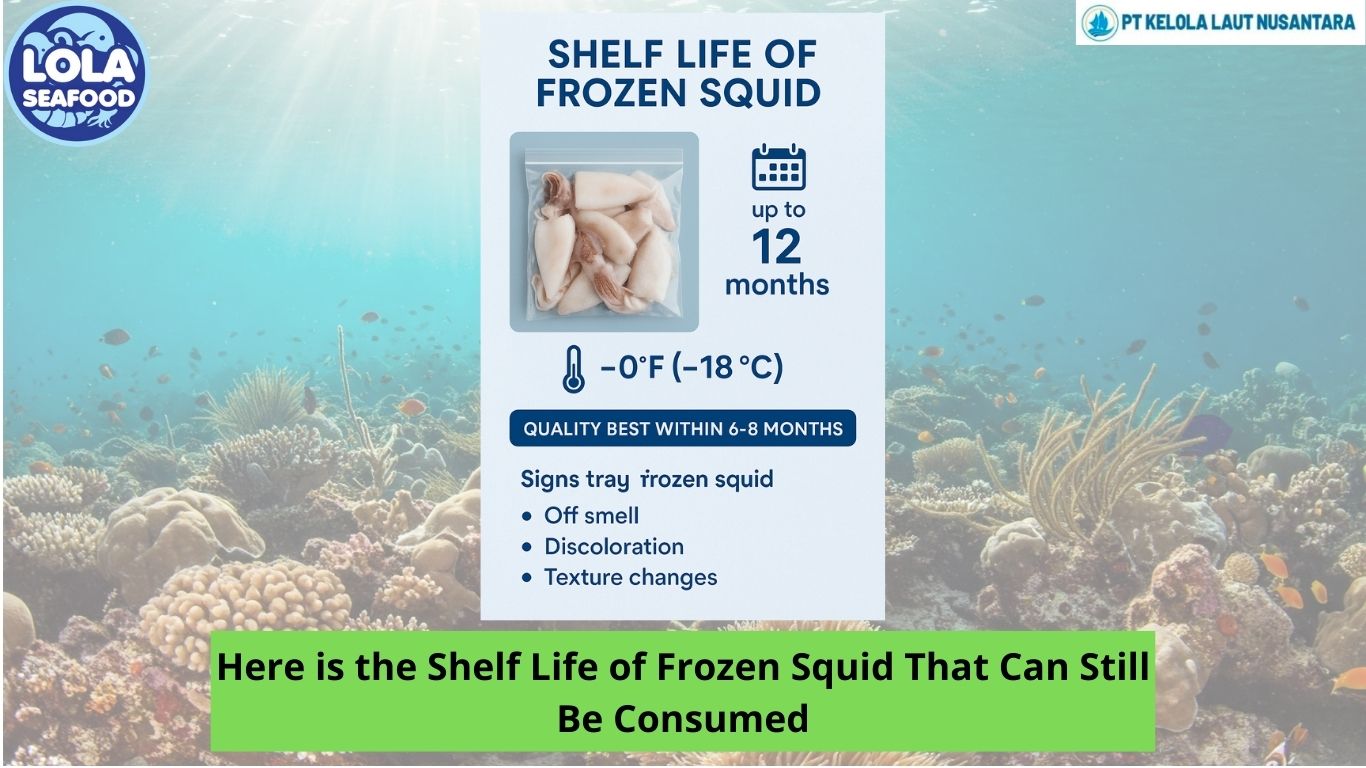
.jpg)
.jpg)
.jpg)
